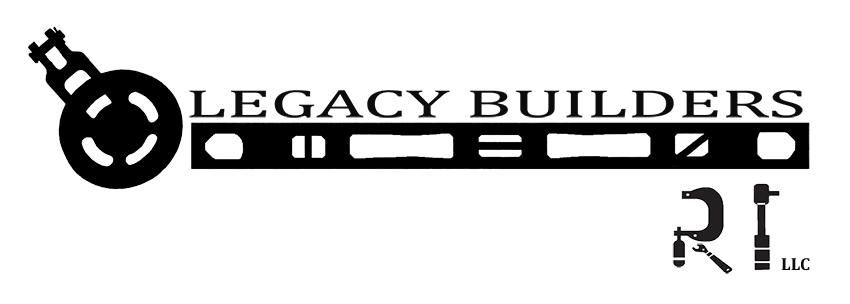5 keys to choosing a general contractor
What to look for when hiring a general contractor is not exactly taught in high school or college. If you didn’t grow up with a parent or work within the construction industry there is a big chance you don’t know what to look for when hiring a contractor.
That’s ok, we are here to help. We put together a list of 5 things to know or look for.

Step 1: The role of a general contractor
What exactly do general contractors do? They organize and oversee a project as a whole. Some of a general contractor’s duties include:
Quote the entire project
Obtain permits
Hire, coordinate, and supervise subcontractors
Establish a payment schedule & distribution of payments
Obtain permits
Review plans for potential issues
Guarantee everything is up to code
Order materials and schedule deliveries
Schedule inspections
Step 2: Can I DIY this?
Often the first thought is to do things yourself. It’s true many things on your property any person can handle. But it is always a good idea to run it by a contractor. There are building codes you might not be aware of or safety concerns you have not thought of. The main reason most people decide to be their own general contractor is to save time and money. Of course making sure the project is done right the first time is also a good motivator.
Questions to ask yourself:
Is this a small, medium or big job?
Do you have the time?
Are you a quick study? Contractors have years of experience
Will the job or project require working with more than one vendor?
Are you prepared for the responsibility?
Step 3: The contractor
You’re going to be trusting this person with your property which is very likely your home. You will also be entrusting this person with a great deal of money. Here are some tips when searching for a general contractor.
Start with referrals. Ask friends, neighbors, nonprofit housing agencies, and neighbors
What kind of work did they do? Any problems? Cost overruns or delays?
How was the quality of the work?
Did the contractor communicate well and return calls quickly?
Did they take care of any problems that may have come up after the task was complete?

Step 4: Make sure there is a contract
It’s very important to have everything in writing. Expectations should be clear to both sides. There should be a clear outline of what is expected and what the scope of the work will entail.
Some tips when it comes to the agreement
Read every word and ask questions about anything you don’t understand
Make sure it covers all the bases, including the following:
The specifics of the work to be done
The specifics on materials and fixtures
The final cost
If a deposit is stipulated
Change orders
Quality standards
Completion date
Disposal costs
When the work will be performed
How delays will be handled
Testing or removal of any hazardous materials
Warranties and guarantees
Understand what’s not included (uncommon in the contract itself, but at least get verbal clarity)
Make sure it’s signed and dated
Step 5: Working with the contractor
Before the work begins:
Remember, make sure the contract is in place.
Make a communication plan: how and how often will you and the contractor communicate?
During the project:
Watch for problems. But without interfering. Check things at the end of each day, for example. Are the fixtures that were delivered the style you specified?
Is the work area relatively clean and orderly?
Be clear about what you want and question anything that concerns you.
Pay on time. You’ll probably make payments during your project, as tasks are completed. Maintain a good working relationship with the contractor
Document problems. If there’s a serious problem developing, document it early and thoroughly, in as much detail as you can — you won’t necessarily know what’s relevant and what’s not.
Don’t sign off on completion until all the work outlined in the contract has been done to your satisfaction.

